The Montana Department of Fish, Wildlife and Parks (FWP) announced yesterday a dramatic slate of fishing closures and restrictions which impacts some of the state's most iconic and sought out trout water, such as the Yellowstone, Madison, Beaverhead, Gallatin, and Missouri rivers. The closures come in response to dangerous and worsening river conditions, the result of historically low stream flows and high water temperatures, which threaten the survival of the state's trout and other fish species. As Hatch Magazine recently reported, Montana's fisheries are regularly plagued by low flows and high water temperatures due to the mass diversion of stream water by agricultural and other industries. This year, conditions have been exacerbated by climate-change fueled drought and excessive heat blanketing much of the west, pushing Montana fisheries to the brink and prompting FWP to act.
The new restrictions, which go in effect today, affect rivers in southwest, north-central and south-central Montana. The restrictions include full closures on the Jefferson River and portions of the Shields, Big Hole, and Gallatin rivers. Also included are "hoot owl" restrictions—which close rivers to fishing after 2pm—on the Stillwater River and the aforementioned iconic trout rivers. Some of these recent closures are unprecedented in Montana history.
In its statement announcing the new restrictions, Montana FWP highlighted the dangers that low flows and high temperatures can pose to fish, stating that it enforces angling closures "when flows drop below critical levels for fish, when water quality is diminished, or when maximum daily water temperatures reach at least 73 degrees for three consecutive days," noting that "warm and dry conditions are expected to continue during the coming weeks."
"Under normal conditions, fish can fight off infections. However, under the stress of high temperatures and low flows, they are more susceptible to these diseases," FWP added.
As a result of the worsening conditions across the state, a coalition of Montana fly fishing guides, outfitters, and lodges; outdoor recreation companies Orvis and Patagonia; and several conservation groups submitted a letter requesting Governor Gianforte immediately create a Cold Water Fisheries Task Force to address the decline of cold water fisheries in the state.
According to Guy Alsentzer, Executive Director for the group Upper Missouri Waterkeeper, which submitted the letter to Gianforte's office, “the combination of drought, heat, pollution, low water, development, and fishing pressure means our cherished cold water fisheries and southwestern Montana waterways are declining by death by a thousand cuts." Alsentzer said the letter "calls on Governor Gianforte to immediately do more to protect the lifeblood of the state’s $7.1 billion outdoor economy and our way of life—clean and cold water—before it’s too late."
John Arnold, owner of Headhunters Fly Shop in Craig, Montana, one of the letter's signatories, added “between early season fish kills, unnaturally warm water temperatures, and low trout numbers, it’s an all-hands-on-deck moment. Losing cold water trout fisheries could be a death blow for numerous fishing and river related businesses already reeling from the pandemic if action isn’t taken."

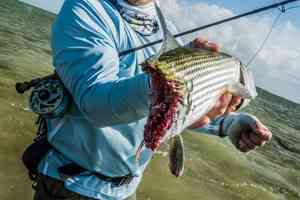



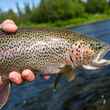







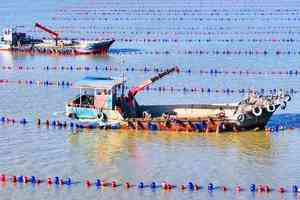














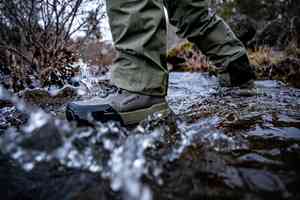
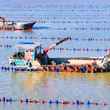


Comments
tomo replied on Permalink
There was no mention of whether the fishing closure is for a specific time period, or when water temps increase, or for some other metric. I have a fishing trip planned for the 1st half of September, do i need to cancel? please share what is known at this time, Thanks!
Chad Shmukler replied on Permalink
Hey tomo,
The restrictions are linked above in the article, but here's that link again for your convenience:
https://fwp.mt.gov/homepage/news/2021/july/0720-high-temps-prompt-additi...
Sisyphus replied on Permalink
Stream temps definitely drop in September - shorter days and cooler nights. You may watch the wildfire conditions. It's still fire season and the smoke can be choking.
Sylvaneous replied on Permalink
Maybe Gov. Gianforte can body-slam this warming climate and the drought?!? I don't know how common knowledge it is, but he and some other mega-millionaires are in a consortium to overturn the stream access law. Just so you know who's on the average fisherman's side and what they are doing.
The Bigman replied on Permalink
Maybe the ranchers can stop draining the reservoirs to grow hay for Texas. Just a thought
Pages